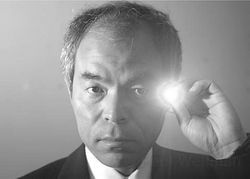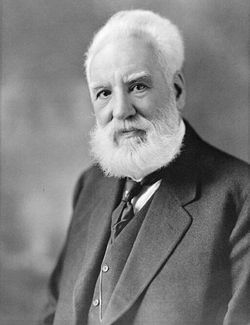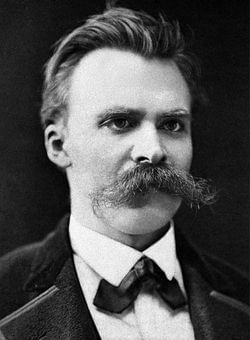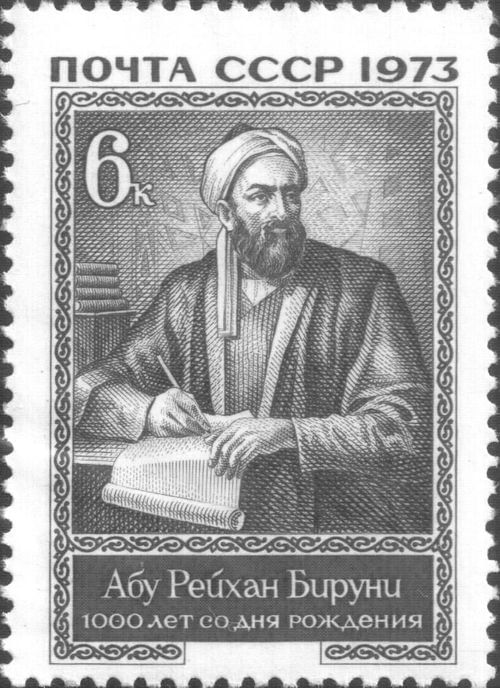
Photo Attribution: The original uploader was Romanm at Slovenian Wikipedia., Public domain, via Wikimedia Commons
Al-Biruni
This example has been viewed 973x times
Summary
Rodden Rating
Analysis for Al-Biruni
Biography
Abu Rayhan Muhammad ibn Ahmad al-Biruni /ælbɪˈruːni/ (973 – after 1050)[6] commonly known as al-Biruni, was a Khwarazmian Iranian[7][8][9][10] scholar and polymath during the Islamic Golden Age. He has been called variously the "founder of Indology", "Father of Comparative Religion",[11][9][12][13] "Father of modern geodesy", and the first anthropologist.[14][15]
Al-Biruni was well versed in physics, mathematics, astronomy, and natural sciences, and also distinguished himself as a historian, chronologist, and linguist.[9] He studied almost all the sciences of his day and was rewarded abundantly for his tireless research in many fields of knowledge.[16] Royalty and other powerful elements in society funded Al-Biruni's research and sought him out with specific projects in mind. Influential in his own right, Al-Biruni was himself influenced by the scholars of other nations, such as the Greeks, from whom he took inspiration when he turned to the study of philosophy.[17] A gifted linguist, he was conversant in Khwarezmian, Persian, Arabic, Sanskrit, and also knew Greek, Hebrew, and Syriac. He spent much of his life in Ghazni, then capital of the Ghaznavids, in modern-day central-eastern Afghanistan. In 1017 he travelled to the Indian subcontinent and wrote a treatise on Indian culture entitled Tārīkh al-Hind (History of India), after exploring the Hindu faith practiced in India.[a] He was, for his time, an admirably impartial writer on the customs and creeds of various nations, his scholarly objectivity earning him the title al-Ustadh ("The Master") in recognition of his remarkable description of early 11th-century India.[9]
https://en.wikipedia.org/wiki/Al-Biruni
Raw Data
Horoscope Data
Comments
Natal Data
0973-09-09 00:47:00 GMT
41° 29′ 17.2″ N 64° 35′ 51.8″ E
Muruntau, Uzbekistan
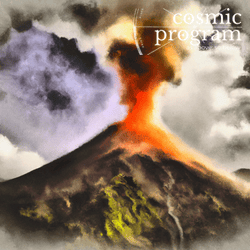

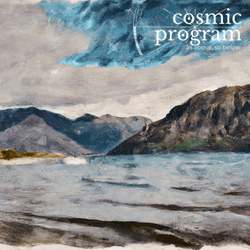


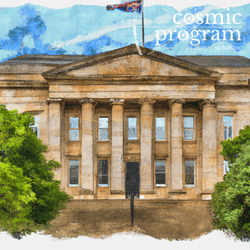

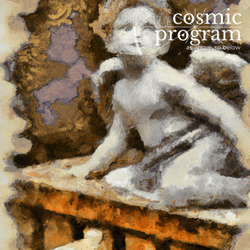


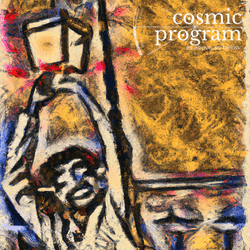

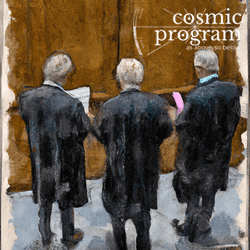

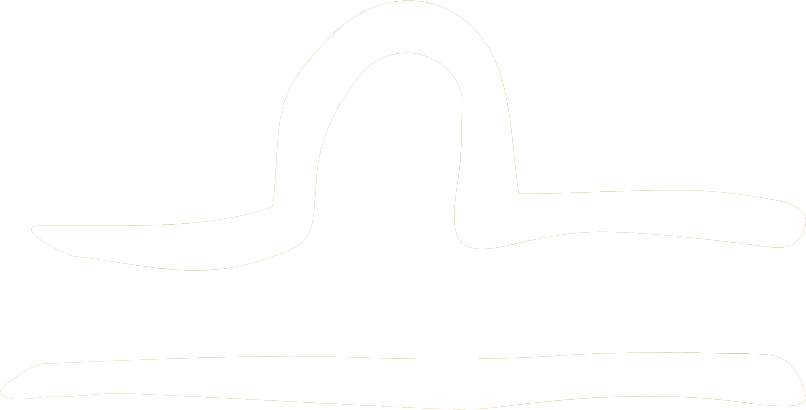

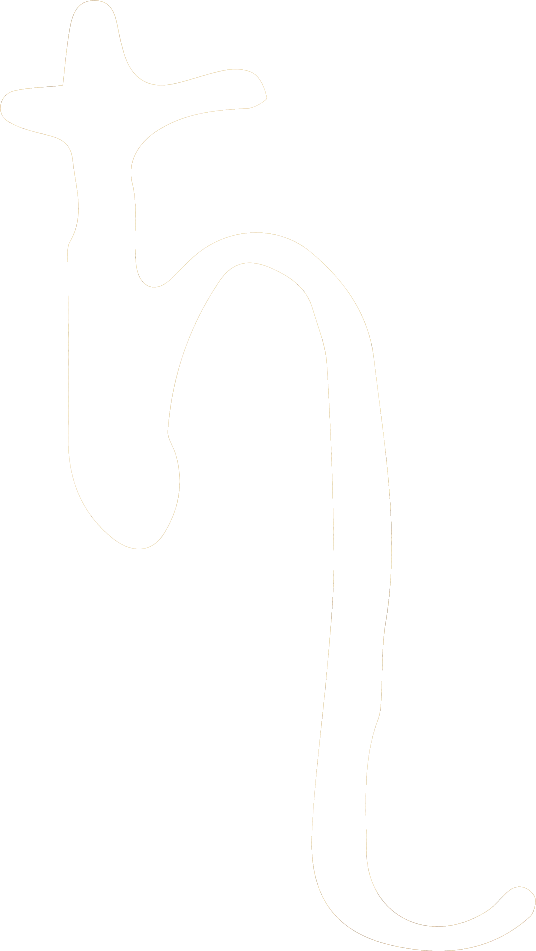

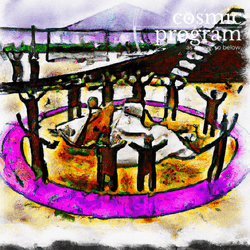

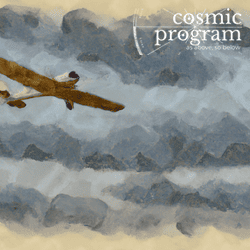

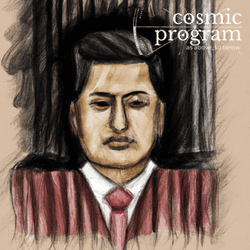

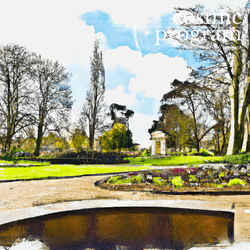


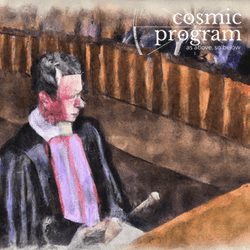

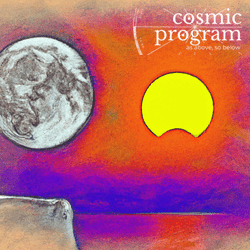


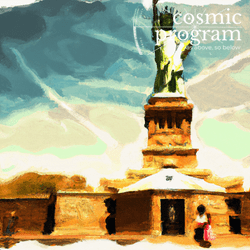


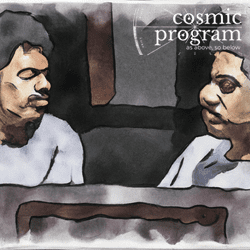

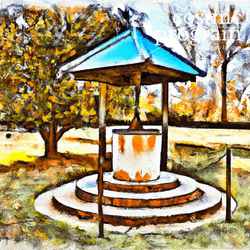


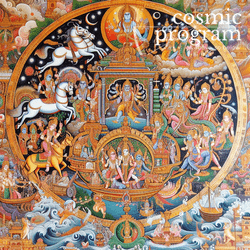
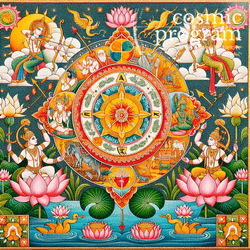
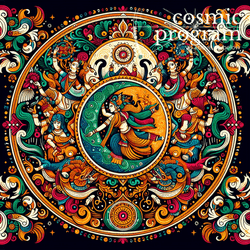
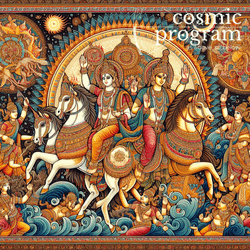
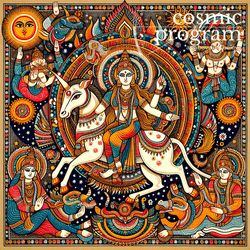
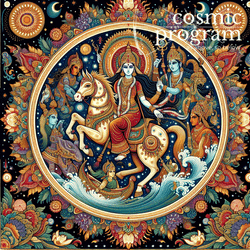
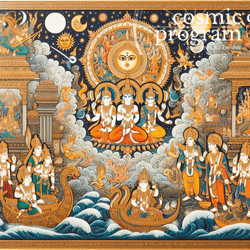
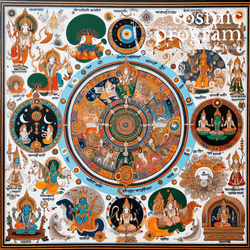
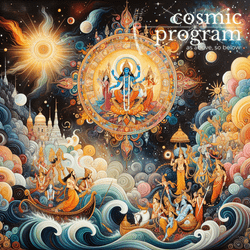
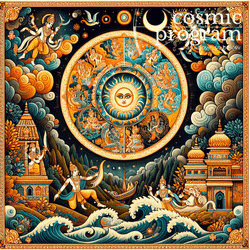
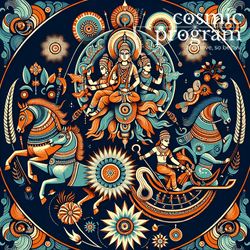
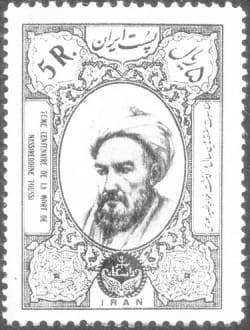
-850AD_(1).png?bossToken=45cb7d0c8ad8e65173095cc649597a78eabfa1fd61cf83361e347c9e5c490a4a)

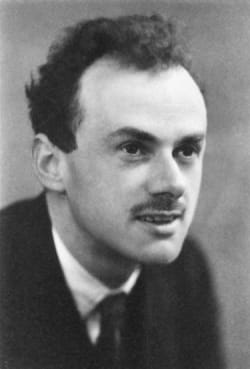

.png?bossToken=9eae7171764dbec3be1148651a1ea138be0ceb42bea693423a9c2d05918b940f)
